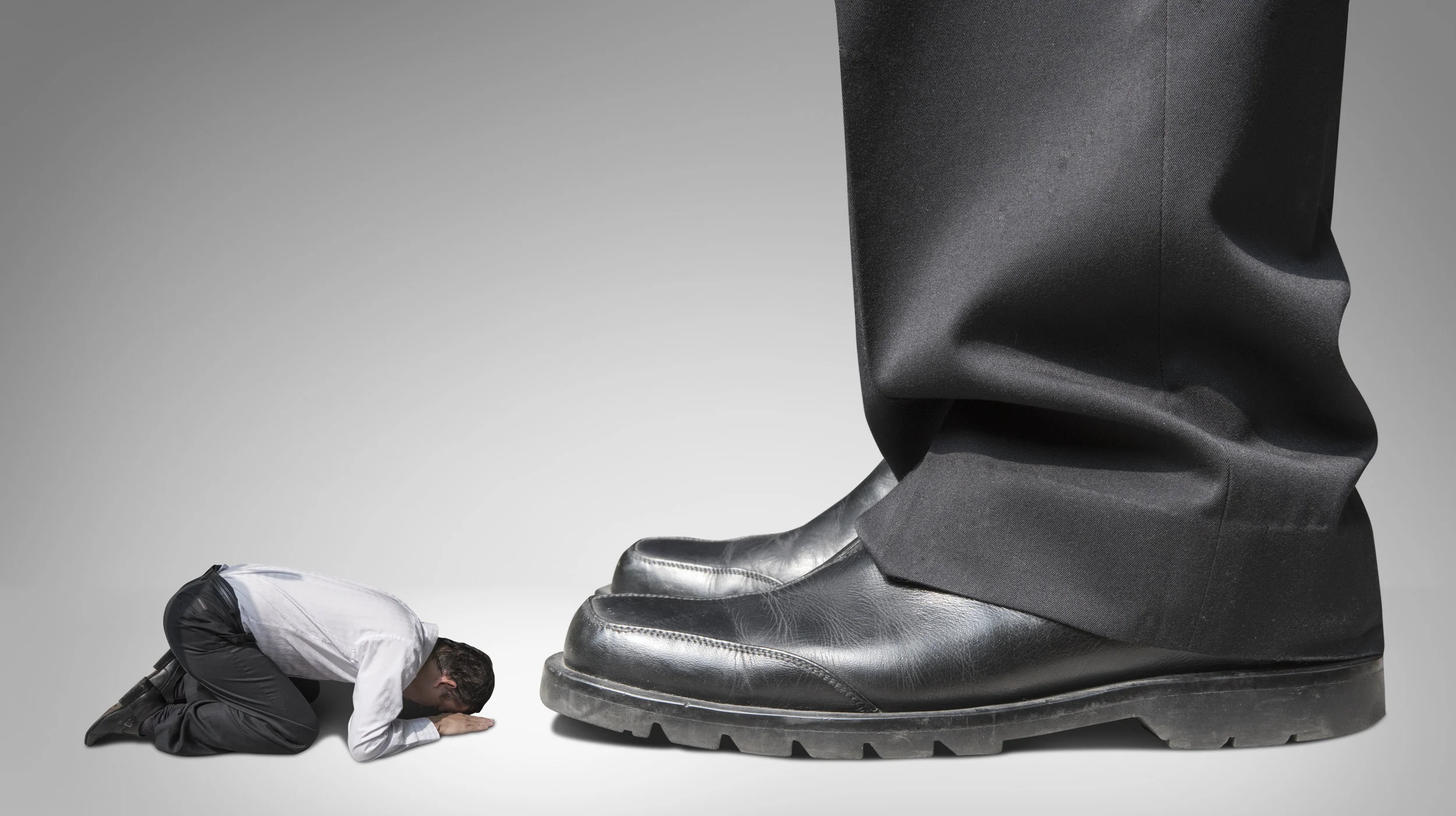In many countries across the world, democracy has become a cover for autocrats that would seek to destroy the political institutions that work to keep their power in check. Often these leaders were democratically elected, and only once they are in power do they enact laws to weaken any opposition or institutional obstacles. In Russia, President Vladimir Putin was elected with 77% of the vote, giving him a strong mandate as he continues to threaten civil liberties. In other countries that were once a beacon of hope for new democracies, democratically-elected authoritarians consolidate their power by eroding the judiciary and other threats to their authority. The fall of once reliable liberal democracies presents a valuable lesson and a warning.
One example has unfolded last month in Poland, where Prime Minister Mateusz Morawiecki established a number of initiatives to erode the judiciary’s independence in favor of the right-wing Law and Justice Party. The government purged the Supreme Court of opposition by forcing the retirements of 27 out of 72 justices, and created a judicial disciplinary chamber to further the Party’s hold over the judiciary. Although each new measure to weaken the judiciary has been met with condemnation and mass protests in the streets, the Prime Minister’s efforts continue. “It’s not just Poland,” wrote Monika Nalepa in the Washington Post. “In societies characterized by a strong attachment to democratic principles, playing the wolf in sheep’s clothing allows closet autocrats to take over democratic institutions unnoticed.”
Indeed, in Hungary, Prime Minister Viktor Orban and his party Fidesz have created what is essentially a de-facto one party state, and other political parties have no real chance at competing in elections. Patrick Kingsley for the New York Times wrote, “Through legislative fiat and force of will, Mr. Orban has transformed the country into a political greenhouse for an odd kind of soft autocracy, combining crony capitalism and far-right rhetoric with a single-party political culture.” Although Orban was elected in a free and fair contest, he has since consolidated power for his party, in part by forcing around 270 judges to retire and replacing them with judges handpicked by Fidesz. Orban stripped the nation’s central bank of its independence, passed laws to chill political criticism from journalists, and gerrymandered voting districts to ensure future victories for Fidesz.
The United States is not immune from these pressures, or the possibility of a democratically-elected leader with a penchant for authoritarianism. After over 240 years of “the great experiment,” as George Washington once called it, it may be easy to feel secure in the lasting power of the political institutions of America. However, we would be wise to remember that it takes great effort on the part of the electorate to maintain our political ideals. As the oft-told story goes, after the Constitutional Convention when Benjamin Franklin was approached by a citizen asking what type of government had been created, his response was: “A republic, if you can keep it.” Now more than ever, we as American citizens must be vigilant if we want to keep it.

